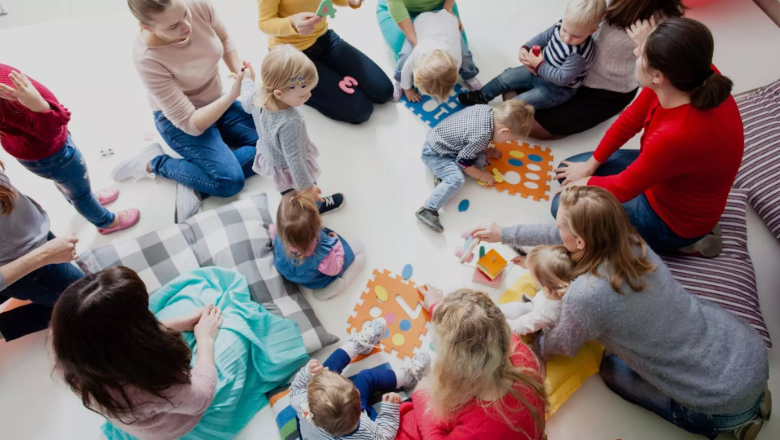“Parenting programmes are highly effective for many families. What’s been missing is a biological account of how children’s behaviour improves. We show that when behaviour gets better, so does the functioning of brain systems that evaluate rewards and punishments - particularly in the ventromedial prefrontal cortex and insula.”
Professor Michael Craig, Professor in Forensic & Neurodevelopmental Sciences at King’s IoPPN and the study’s senior author
11 September 2025
Warm and consistent parenting can lead to meaningful changes in brain function and learning style in children with behaviour problems
Parenting programmes can lead to changes in how children with conduct problems process rewards in their brains.

The research, published in Biological Psychiatry, is the first proof that evidence-based parenting programmes are accompanied by specific changes in children’s brain activity and decision‑making processes, and underscores the value of offering such programmes early in life.
78 boys with conduct problems (CPs) aged 5 to 10, and 35 matched controls, completed a reward‑learning task while undergoing functional MRI scanning. Families in the CP group then took part in a 10 -12‑week group parenting programme designed to encourage positive behaviour with warmth and praise.
At the end of the program, the participants were then sub-classified as either “improvers” or “persistent” based on whether they displayed an improvement in antisocial behaviour. All children then repeated the task and scan at a follow‑up session.
In the initial scans, researchers found that the insula, an important brain region that helps to anticipate whether something good (a reward) or bad (a punishment) might happen when we do something, was not activating or “lighting up” as much as it should when expecting a reward. However, after having taken part in the parenting programme, researchers found that the insula in the improvers group responded more like that of typically developing children, especially when they expected a reward.
Other brain areas also changed, including the ventromedial prefrontal cortex and the hippocampus, both of which are involved in making decisions and learning from outcomes. Again, these areas also showed more normal activity in the second scan after the intervention in children who improved.
The study also found changes in how these children learn from their experiences. After the parenting programme, the improved boys became slower to change their expectations after just one good or bad outcome, which may help them make more balanced decisions over time. They were also less likely to act impulsively and became more sensitive to the difference between reward and punishment.
Dr Arjun Sethi, the study’s lead author from King’s IoPPN said, “Using computational modelling, we found that responders learned more gradually and were less driven by a reflex to act. That combination - slower learning and reduced action bias - appears to support more thoughtful choices and fewer antisocial behaviours.”
Professor Stephen Scott, Professor and Consultant Child and Adolescent Psychiatrist at King’s IoPPN and one of the study’s authors said, "Evidence based parenting programmes like the ones explored in this study promote what I consider to be "love and limits". They focus on developing closer relationships between parent and child, but also providing clear boundaries and expectations that reinforce good behaviour.
"This study, which is a world first, demonstrates not only that these programmes can impact the inner working of a developing child's brain, but also provides valuable evidence of the value of programmes like these."
Dr Bruce Clark, Medical Director of the King’s Maudsley Partnership said, “Issues relating to young people's behaviour are amongst the most common we see being referred into our clinical services. This study highlights the importance of intervening early with evidence-based treatments, so that brain and behavioural changes are mitigated early. Within the King’s Maudsley Partnership we are testing and piloting interventions to provide support in the most timely and cost effective way.”
This study was funded by the Medical Research Council (MRC).
Successful Evidence-Based Parenting Programs are Associated With Brain Changes and Improved Reward Processing in Boys With Conduct Problems (DOI10.1016/j.biopsych.2025.06.008) (Sethi, Craig et al) was published in Biological Psychiatry.
For more information, please contact Patrick O'Brien (Media Manager)





